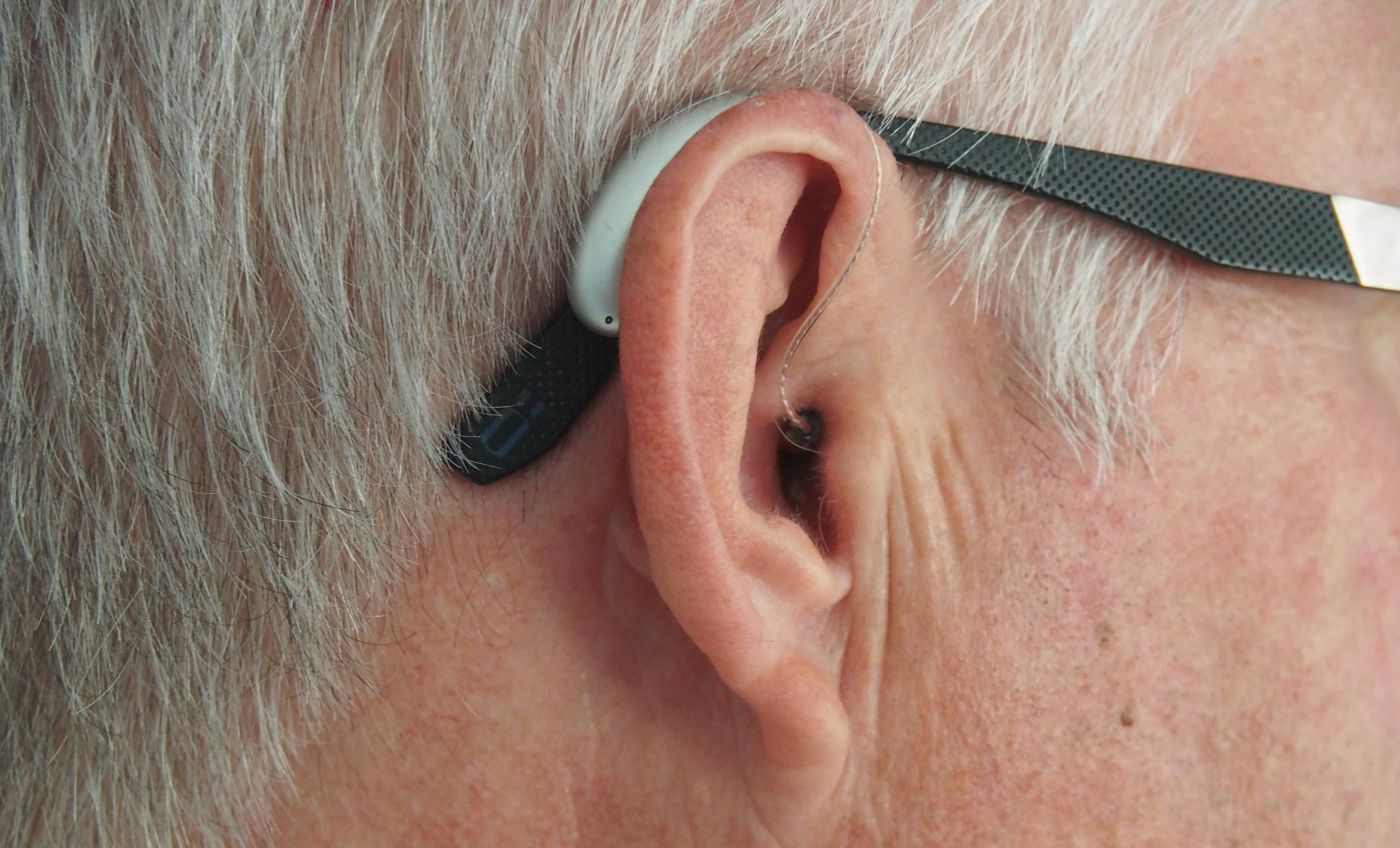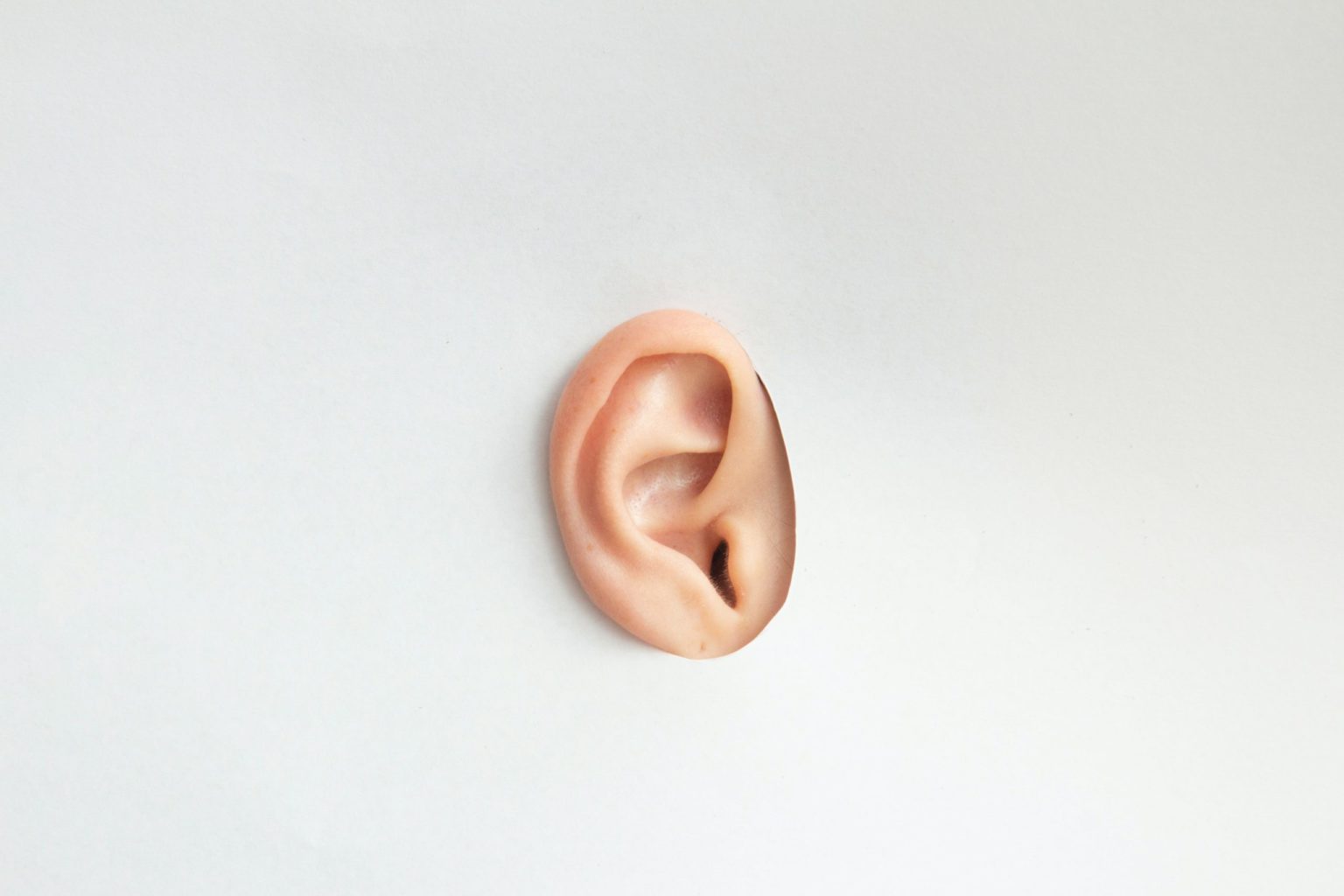An individual who has tinnitus will often hear a ringing noise in the ears. Additionally, they could also experience unexplained hissing, roaring, clicking, or whistling sounds. It may be a temporary issue, or it could become a chronic and persistent problem. Although there are sounds heard in the ears, there isn’t an external sound source. This means that there’s nothing responsible for the sounds being heard. As a result, the sounds heard due to tinnitus are sometimes called phantom sounds.
Tinnitus can be a frustrating condition as the sounds being heard can sometimes interfere with hearing real sounds. Tinnitus is thought to affect 50 million Americans. While tinnitus usually occurs in people over the age of 50, children and adolescents can experience it, too. Common causes of tinnitus are thought to be excessive or cumulative exposure to loud noise, head and neck injuries, or even ear infections. It is usually an isolated condition, however, in some cases, it could indicate an underlying medical condition. While there has been some debate among medical professionals about the severity, causes, and treatment of tinnitus, it is a condition that many suffer from. Let’s take a look at some facts about tinnitus and how it can be treated.
What is tinnitus?

As discussed, tinnitus occurs when a person consciously hears a sound that isn’t driven from any outside source. Audiologists and other hearing specialists agree that it is not a disease in itself. Rather, it’s a symptom of an underlying problem impacting the patient’s quality of life. The noise heard is usually subjective and only the person who is experiencing tinnitus symptoms can hear it. The most common form of these noises are steady, high-pitched ringing sounds. This can be frustrating and annoying, but it usually does not point to a serious condition.
Unfortunately, there is no cure for tinnitus patients. There are ways of managing the symptoms of tinnitus, however. The majority of people with chronic tinnitus adjust to the ringing over time, but a few patients find the noises too disturbing and even debilitating. For some people, it can even cause insomnia, concentration difficulties, poor work or school performance, irritability, and even anxiety or depression. If you have been diagnosed with tinnitus, the best thing to do is to gather all of the information you can to better understand this condition. By using the medical condition dictionary you can get a clearer picture of your condition and treatment options.
What are the symptoms of tinnitus?
The predominant symptom of tinnitus is a non-auditory sound within the ears that can be intermittent or continuous. The noises can occur in either or both of the ears as a low or high-pitched sound. The varying sounds experienced by patients have been often been described as whistling, chirping, clicking, screeching, hissing, static, roaring, buzzing, pulsing, whooshing, or musical sounds. The volume of the tinnitus sounds can vary from person to person. Finally, the noise heard is often most prominent at night or during other quiet periods. There has also been a degree of hearing loss reported in some cases.
What is the treatment for tinnitus?

The first step to providing tinnitus relief to patients is to treat any underlying cause. This could involve treating an ear infection, discontinuing ototoxic medications, or addressing temporomandibular joint (TMJ) problems. Once any underlying problems have been taken care of, the hope is that the noises in the inner ear will subside. Unfortunately, for some, this will develop into a chronic condition, and audiologists or other specialists will recommend tinnitus management solutions. As stated, there is no cure for most cases of tinnitus. A majority of people become desensitized or accustomed to the noises in the ear and eventually learn to tune them out. As hard as it may be initially, doctors suggest trying to ignoring the sounds rather than focusing on them as a way to provide relief. This may be done with the help of hearing aids that can provide low level white noise to make the tinnitus symptoms. Hearing aids differ vastly, so you’ll want to consult an audiologist about this.
If ignoring the problem does not work, or the problem begins to cause other medical problems, the individual could benefit from treatment for the effects of tinnitus such as insomnia, anxiety, hearing difficulties, social isolation, and depression. Dealing with these issues can significantly improve a person’s quality of life. Many doctors recommend the use of hearing aids. Sound amplification could prove beneficial to those who have trouble hearing normal noises due to their tinnitus. Your audiologist can help you find the best hearing aid for tinnitus treatment. There are also medication therapies that involve anti-anxiety drugs as one of the treatment options for tinnitus.











